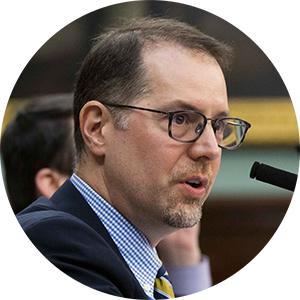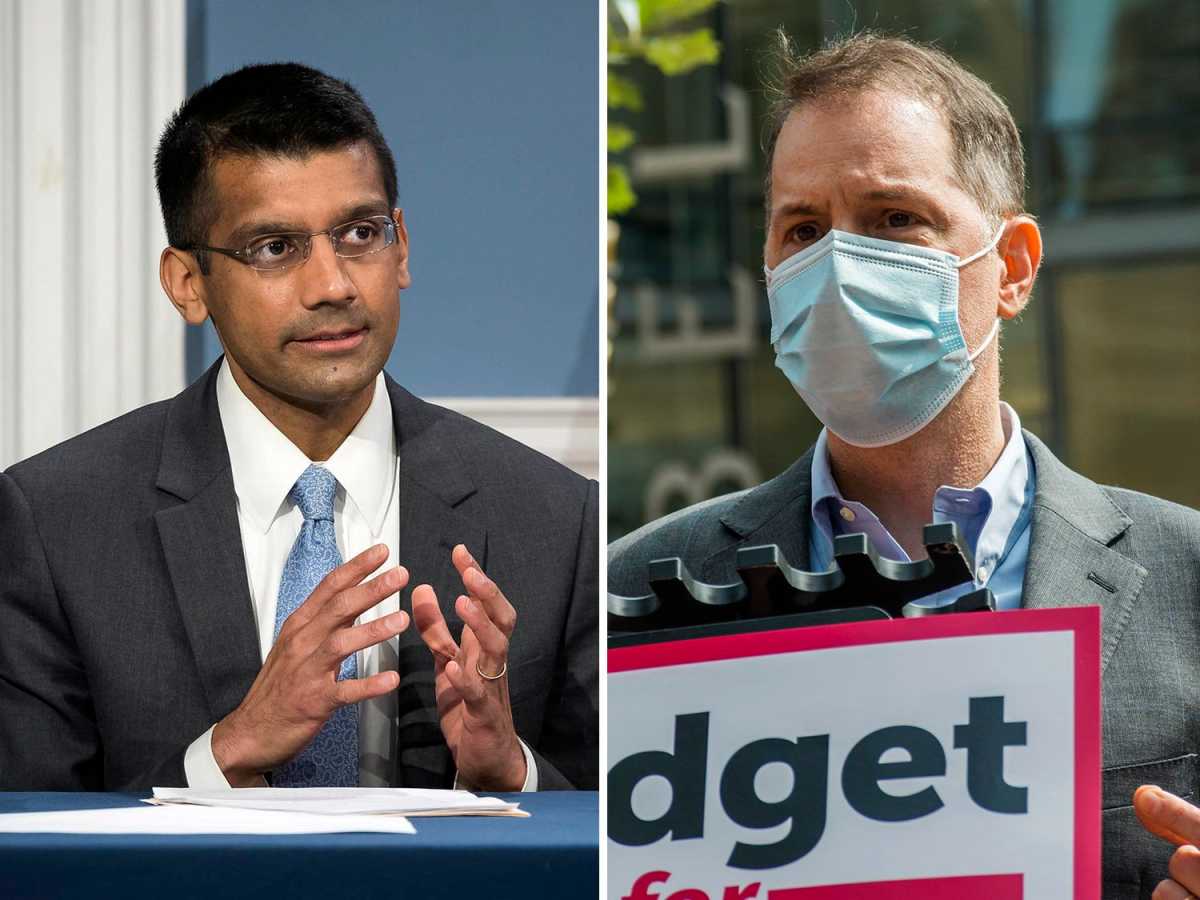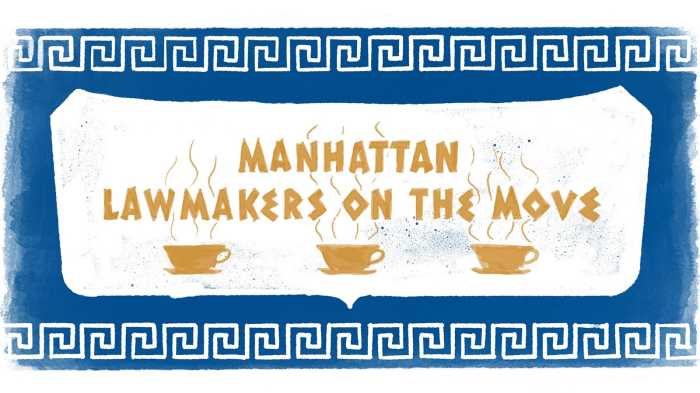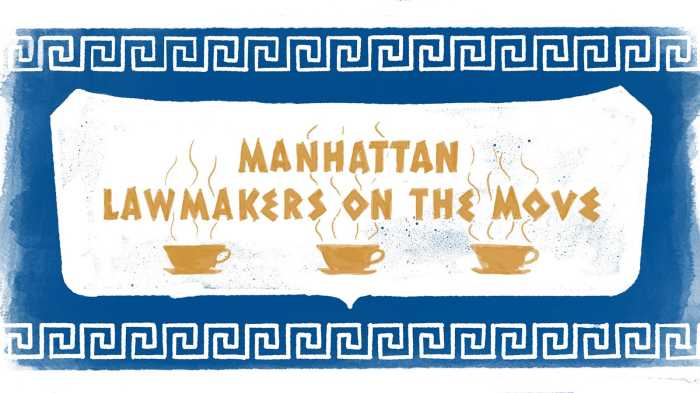Councilmember Mark Levine (D – Manhattan Valley, Manhattanville) has good news for New York; the COVID-19 vaccination process is officially underway.

Yesterday, Levine hosted a virtual town hall late Tuesday afternoon with Dave Chokshi, Commissioner of the NYC Department of Health, to discuss Covid-19 vaccinations as they are being rolled out in NYC on a limited basis.
“We are celebrating today the incredible news that vaccination has begun, and still keeping a very close eye on the pandemic, which is spreading through this city at an alarming rate,” said Chokshi. Vaccinations are being disbursed in limited quantities, as 4,000 new cases were announced in the five boroughs on Tuesday, and hospitalizations approached 2,000.
The Commissioner outlined the current state of the virus in NYC. Cases and hospitalizations are worsening, meaning the public in general is at a higher risk of contracting Covid-19. Though we “remain in a state of emergency,” there is now a clear “light at the end of the tunnel”—a phrase Chokshi used repeatedly during the town hall.
The Department of Health Commissioner heavily recommended staying home and not gathering for this holiday season, and to keep practicing the health and safety guidelines that kept New York safe throughout the Summer. He emphasized that he “wouldn’t be giving this advice if it wasn’t absolutely necessary.”
The vaccines are still in production, and the three-phase rollout plan has been designed to accommodate supply of the vaccine as it increases. Commissioner Chokshi stated that immigration status will not be a barrier to receiving the vaccine.
Before pivoting to the virtual town hall’s Q&A segment, Chokshi updated the audience on the status of the vaccine in New York.
The vaccine produced by Pfizer has been reviewed and authorized by the FDA and the CDC. Already, 40,000 doses have been or are being delivered to 40 hospitals. Additional deliveries will be made tomorrow and at the start of next week. The vaccine being produced by Moderna is awaiting final federal authorization, but that could happen as soon as Friday. In that case, the vaccine could be delivered to the City at the beginning of next week.
Chokshi described the mechanism of the vaccine itself, in part to dispel rumors seen online about how it works. The vaccine uses mRNA to encode “the spike protein of the virus,” which cells take in and develop to become immune. The mRNA is then released and disintegrated, leaving only the built-up immunity.
The Q&A section featured questions from the public, mostly on the phases of the vaccine’s rollout and how its distribution will be prioritized.
Dr. Uché Blackstock from the NYU School of Medicine asked Councilmember Levine and Commissioner Choksha about the vaccine’s eligibility within the jail system. In response, Chokshi said that incarcerated people and prison staff are included in the first phase of distribution, right behind health care workers and other long-term facilities.
The Health Commissioner went through the three phases of the vaccine’s distribution, which expand from prioritized groups, such as health care workers, towards the general public as supply of the vaccine increases.
Chokshi noted many uncertainties regarding the phase timelines. He does not expect phase three to begin until “well into 2021”, and though phase two is expected to begin in March or April, Chokshi was upfront in acknowledging “we don’t have that granular detail for you at this moment.”
Vaccines will eventually become available in hospitals, community health centers, local pharmacies, and other places. Levine and Chokshi reminded the public about the 212-COVID-19 hotline and nyc.gov/covidvaccine, where people can go for questions and information. They also recommended anybody with concerns about eligibility to speak with their doctors.
New Points of Dispensing (PODs) will pop up in public schools and other historically underserved areas to meet New Yorker’s vaccination needs. Levine called for “on-the-ground leaders” to aid in building trust within communities recognized as being reasonably distrustful of the medical community.
Chokshi noted that children are “permitted to be vaccinated,” but neither of the vaccines in production are authorized for people younger than 16. The Pfizer vaccine is only authorized for people 18 and older. There is limited evidence regarding the safety and efficacy for those that are pregnant or breastfeeding.
Both vaccines will require two doses, taken 3-4 weeks apart, to reach the 95 percent rate of effectiveness. Chokshi additionally recommended people continue to wear masks and keep good hygiene after being vaccinated, because of the continued possibility of asymptomatic transmission.
Ckohkshi concluded the event by saying, “We have to make sure that our positive behavior and messages are more contagious than this horrible virus, and that’s on all of us.”
Mark Levine’s Virtual Town Hall was livestreamed and is available on his Facebook page.








